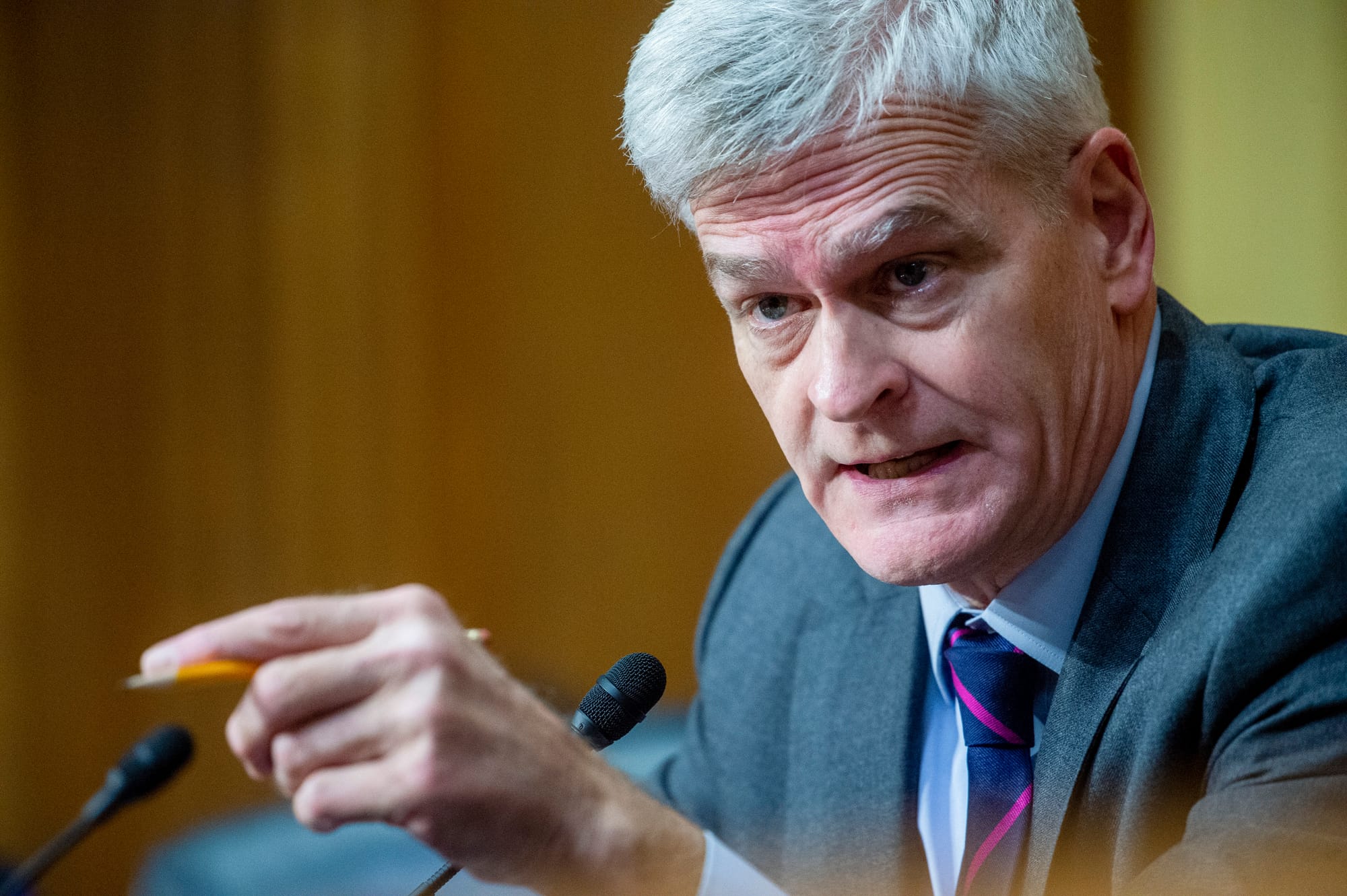Cassidy urges Trump to release data on Tylenol, autism claims
Trump offered no new data to support his position and suggested parents avoid giving Tylenol to children after birth.

BATON ROUGE, La. — Sen. Bill Cassidy is pressing President Donald Trump and federal health officials to provide evidence for claims that acetaminophen, the active ingredient in Tylenol, is linked to autism when taken during pregnancy.
Cassidy, a physician, said he welcomed Trump’s attention to maternal health but stressed that the “preponderance of evidence shows that this is not the case.” He warned that pregnant women could be left without safe options to manage pain.
His remarks came after Trump and Health and Human Services Secretary Robert F. Kennedy Jr. announced Monday that physicians should stop recommending Tylenol to pregnant patients. Trump said the Food and Drug Administration would notify doctors that acetaminophen “can be associated” with autism, while also repeating disputed claims tying vaccines to rising autism rates.
Trump offered no new data to support his position and suggested parents avoid giving Tylenol to children after birth.
The FDA issued a notice to clinicians the same day, acknowledging that while some studies have described an association between acetaminophen and autism, “a causal relationship has not been established and there are contrary studies in the scientific literature.” The agency cautioned that decisions should balance possible concerns with the fact that acetaminophen is considered the safest over-the-counter option in pregnancy, unlike aspirin or ibuprofen, which carry documented risks to the fetus.
The American College of Obstetricians and Gynecologists also rejected Trump’s assertions, calling acetaminophen “a safe, trusted option for pain relief during pregnancy.” The group emphasized that no clear evidence links responsible use to developmental problems and advised women to consult their doctors.
Trump dismissed ACOG’s statement, suggesting the organization was influenced by outside funding. “Maybe they’re right,” he said, “but I don’t think they are because I don’t think the facts bear it out.”






